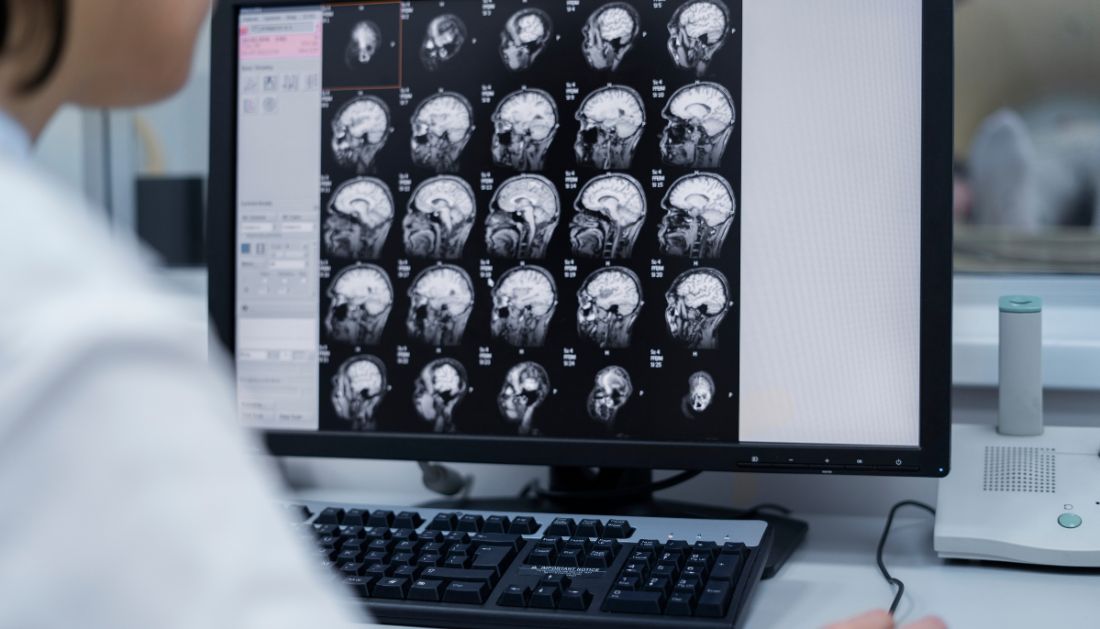

A groundbreaking study from the University of Alabama at Birmingham has revealed a compelling link between reelin and cocaine addiction, opening new possibilities for targeted therapies. Published in Science Advances, the research explores how a small group of neurons in the brain’s nucleus accumbens—just 10 to 20 percent—play a disproportionate role in drug-related behavior. These neurons are highly active after cocaine exposure and drive addiction-related changes in brain circuitry and behavior.
How Reelin Identifies Cocaine-Sensitive Neurons
Reelin, a secreted glycoprotein, emerged as a marker for cocaine-activated neurons in the nucleus accumbens. Using unbiased single-nucleus RNA sequencing data, the researchers discovered that over 80% of cocaine-activated medium spiny neurons express reelin, with expression levels nearly 10 times higher than non-activated neurons. Surprisingly, this pattern was consistent across both rat and human brain samples.
CRISPR Technology Reveals Reelin’s Functional Role
To assess reelin’s contribution to cocaine-related brain and behavior changes, researchers used CRISPR interference to reduce reelin gene expression. This knockdown had profound effects:
-
Decreased cocaine-related gene expression
-
Altered ion channel activity and neuron excitability
-
Impaired movement and place preference behaviors
-
Reduced self-administration of cocaine by rats
These findings suggest reelin is crucial for the cocaine-induced plasticity that drives addiction.
Implications for Cocaine Use Disorder Treatment
“Reelin is not just a marker; it’s a functional regulator,” said lead researcher Kasey Brida. The team’s data shows that reelin enables the neurons to respond robustly to cocaine and potentially to other stimuli related to reward and motivation. This positions reelin signaling as a promising therapeutic target in combating cocaine use disorder.
Given reelin’s known roles in brain development and psychiatric conditions, this study adds a new dimension by linking it directly to addiction neuroscience. Future treatments might involve reelin-modulating tools to disrupt addiction pathways with high precision.
For more information: Brida, K. L., et al. (2025). Reelin marks cocaine-activated striatal neurons, promotes neuronal excitability, and regulates cocaine reward. Science Advances. doi.org/10.1126/sciadv.ads4441.
more recommended stories
 Nanoplastics in Brain Tissue and Neurological Risk
Nanoplastics in Brain Tissue and Neurological RiskKey Takeaways for HCPs Nanoplastics are.
 AI Predicts Chronic GVHD Risk After Stem Cell Transplant
AI Predicts Chronic GVHD Risk After Stem Cell TransplantKey Takeaways A new AI-driven tool,.
 Red Meat Consumption Linked to Higher Diabetes Odds
Red Meat Consumption Linked to Higher Diabetes OddsKey Takeaways Higher intake of total,.
 Pediatric Crohn’s Disease Microbial Signature Identified
Pediatric Crohn’s Disease Microbial Signature IdentifiedKey Points at a Glance NYU.
 Nanovaccine Design Boosts Immune Attack on HPV Tumors
Nanovaccine Design Boosts Immune Attack on HPV TumorsKey Highlights Reconfiguring peptide orientation significantly.
 High-Fat Diets Cause Damage to Metabolic Health
High-Fat Diets Cause Damage to Metabolic HealthKey Points Takeaways High-fat and ketogenic.
 Acute Ischemic Stroke: New Evidence for Neuroprotection
Acute Ischemic Stroke: New Evidence for NeuroprotectionKey Highlights A Phase III clinical.
 Statins Rarely Cause Side Effects, Large Trials Show
Statins Rarely Cause Side Effects, Large Trials ShowKey Points at a Glance Large.
 Anxiety Reduction and Emotional Support on Social Media
Anxiety Reduction and Emotional Support on Social MediaKey Summary Anxiety commonly begins in.
 Liquid Biopsy Measures Epigenetic Instability in Cancer
Liquid Biopsy Measures Epigenetic Instability in CancerKey Takeaways Johns Hopkins researchers developed.

Leave a Comment